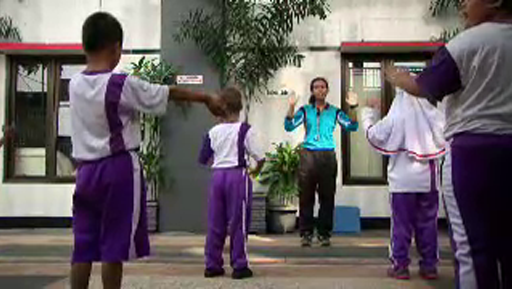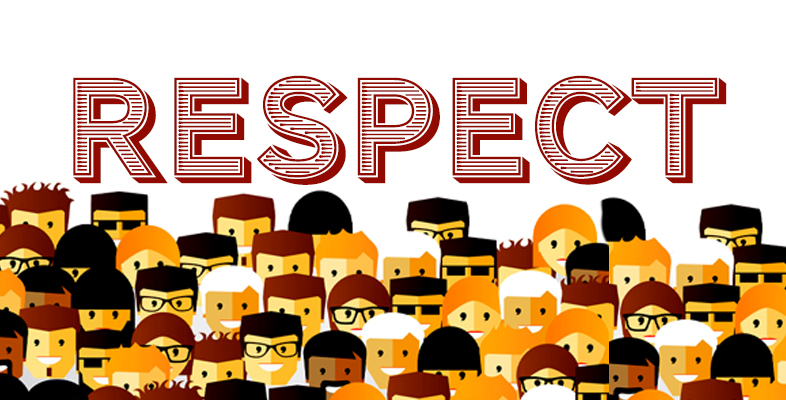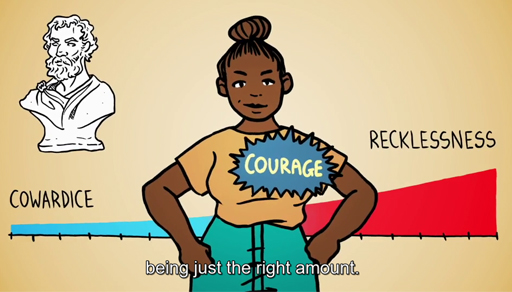2.1 Research often needs courage
Case study 4.1 shows how research can impact on a large number of beneficiaries and how working with vulnerable groups can have gains for all through inclusive practice.
Case study 4.1 Research on inclusive practice: Signalong Indonesia
Professor Kieron Sheehy has researched inclusive practice globally (e.g. Sheehy et al., 2019). He worked with the Indonesian government then with teacher training colleges, teachers and students to improve practice and influence policy (Budiyanto et al., 2018). This involved drawing on best practice research, understanding attitudes towards disability and pedagogy and developing new methods of signing and teaching to include all children in classrooms. Over many years, the research team developed research relationships with a wide range of people.
Activity 4 Signalong Indonesia circles of relationships
The project is called ‘Signalong Indonesia’ as it created a new method of signing for language and hearing-impaired children from which all children could benefit.
First watch this video (up to 01:26) which sets the context of the project.

Transcript
Then listen to the audio clip where Kieron describes in more detail how the research focus developed.
Transcript
Think about:
- Why is this research important?
- Who might benefit from this research? Consider the micro (within the project), meso (local) and macro (national and international) scales.
- Identify potentially vulnerable groups and topics.
Also think about the vulnerability of the children and the need for appropriate ways to approach the research with teachers and parents. In many ways the project has the potential to change practices and develop understanding for children, families and practitioners wherever they are in the world. As the focus was on inclusive classrooms, the project developed methods from which all children could benefit and that all teachers would find manageable to use.
To find out more about the project, visit the Signalong Indonesia [Tip: hold Ctrl and click a link to open it in a new tab. (Hide tip)] website (make sure to open this link in a new tab/window so you can easily return to this page).

